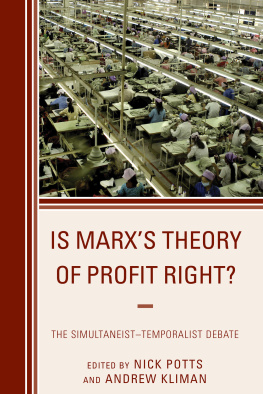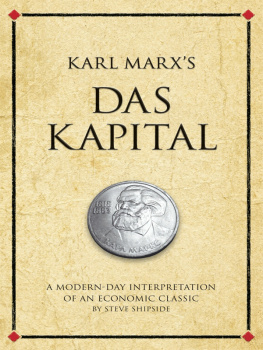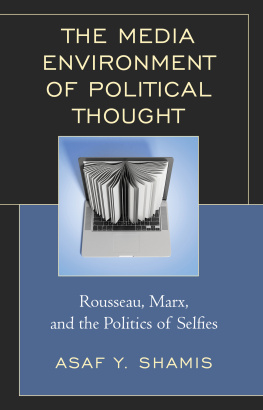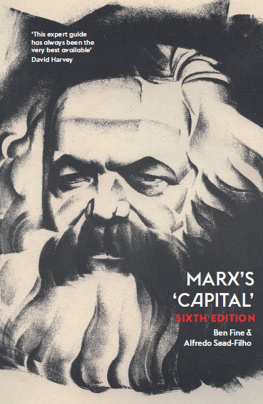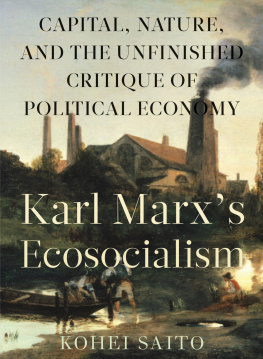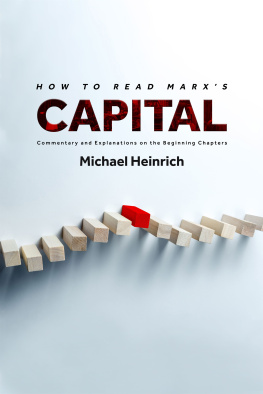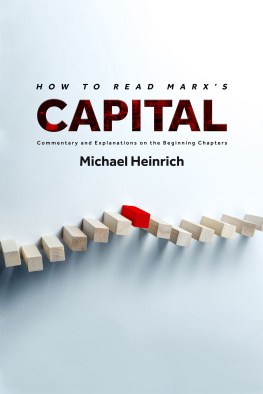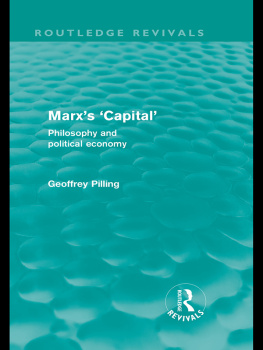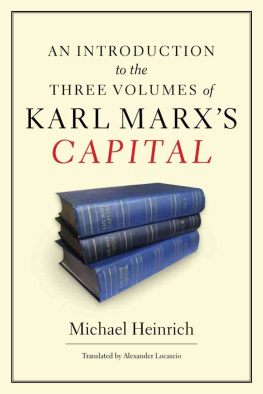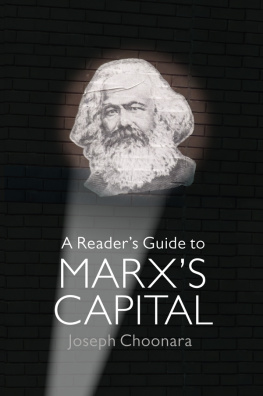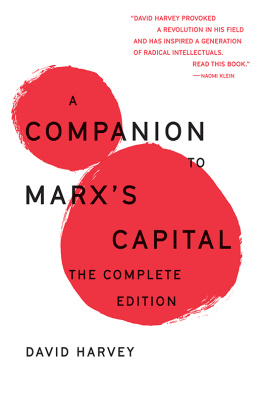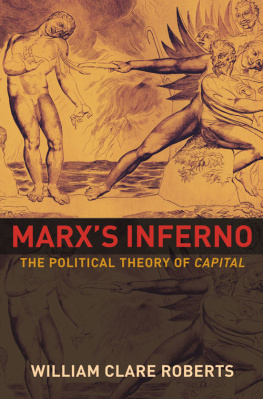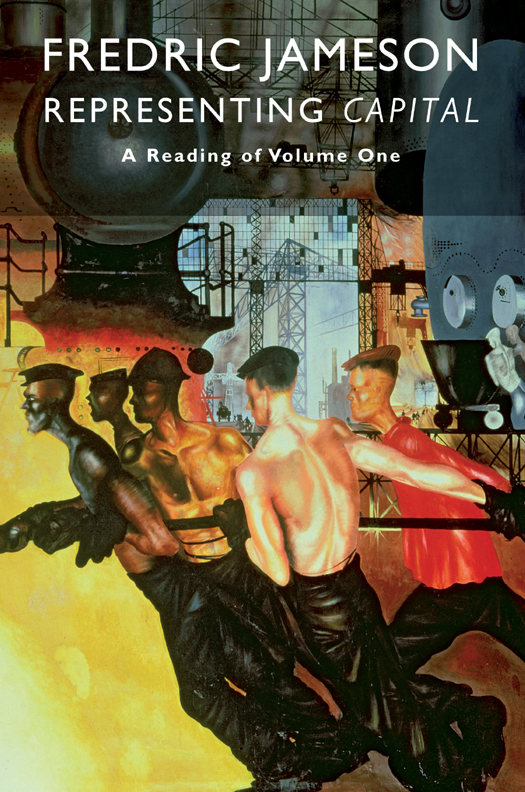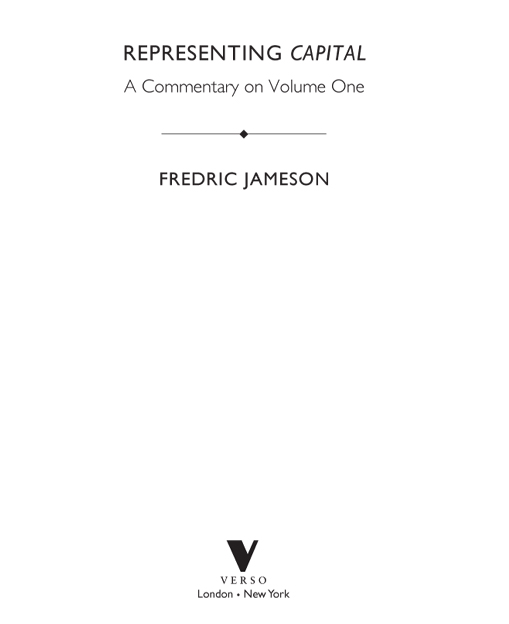FREDRIC JAMESON is Distinguished Professor of Comparative Literature at Duke University. He was a recipient of the 2008 Holberg International Memorial Prize. He is the author of many books, including Postmodernism, Or, The Cultural Logic of Late Capitalism and, more recently, The Antinomies of Realism.
This paperback edition first published by Verso 2014
First published by Verso 2011
Fredric Jameson 2011, 2014
All rights reserved
The moral rights of the author have been asserted
Verso
UK: 6 Meard Street, London W1F 0EG
US: 20 Jay Street, Suite 1010, Brooklyn, NY 11201
www.versobooks.com
Verso is the imprint of New Left Books
ISBN-13: 978-1-78168-157-2
eISBN: 978-1-78168-211-1
eISBN (UK): 978-1-78168-520-4
British Library Cataloguing in Publication Data
A catalogue record for this book is available from the British Library
Library of Congress Cataloging-in-Publication Data
A catalog record for this book is available from the Library of Congress
v3.1
For Maria-Elisa Cevasco
Contents
Introduction
It should not be surprising that Marx remains as inexhaustible as capital itself, and that with every adaptation or mutation of the latter his texts and his thought resonate in new ways and with fresh accentsindits, as the French sayrich with new meanings. In particular the mutation of a capitalism of imperialism and the monopoly stage into the latest globalized moment and structure might have been expected to turn our attention to unremarked features of his laborious explorations; and if not that newly expanded system itself, then certainly its crises and the catastrophes appropriate to this present of time, which like those of the past are both the same as what preceded them, but also different and historically unique.
These shifts were to be sure marked by a readjustment of Marxs works themselves: first, in the originality of its modernist moment, a new kind of fascination with the alienations theorized by the then recently discovered manuscripts of 1844; then, as the sixties began to develop their own consequences, a mesmerization by those 1857 notebooks called the Grundrisse, whose very open-endedness seemed to promise relief from the cut-and-dried schematization of dialectical materialism and its various handbooks.
But I will also claim that any number of features of Marxism are absent from this more purely economic volume, and that future Marxisms can only be more effective politically by recognizing those omissions.
For as I will show, Capitaland from now on I omit the Volume Oneis not a book about politics, and not even a book about labor: it is a book about unemployment, a scandalous assertion I mean to justify by way of close attention to its argument and the latters stages and point-by-point development. This can be imagined as a series of interlinked problems or paradoxes, which, ostensibly solved, give rise to new and unexpected ones, of greater scope.
The process must then be imagined as a specific proto-narrative form, in which the transformation or recoding of a conceptual dilemma in a new and potentially more manageable way also results in the expansion of the object of study itself: the successive resolutions of the linked riddles or dilemmas lay in place the architecture of a whole construct or system, which is that of capital as such. It is this unique constructional process, quite unlike that of most philosophical texts and of most rhetorical arguments as well, that Marx calls the Darstellung of the material; I will not become involved in the debate about science (Wissenschaft), except to remind us of Althussers definition of the latter as a discourse without a subject (that is to say, without doxa or opinions).
Truth being what you agree to conclude with, as Wittgenstein puts it, the exposition of the structure and dynamics of capitalism will be complete when all those interlinked problems have been laid to rest. Topics which do not find their place in this series are generally taken to be arguments against Marx or against his conception of capitalism, although (when not pseudoproblems) they may simply be problems of a different kind, relating to quite different issues. Bourgeois economists are generally concerned to offer practical solutions to crises within the system, within the market (problems raised by inflation or stagflation, of growth or slowdowns); they wish to correct the system in one way or another, but not to theorize it as a totality, which is Marxs ambition (and that of most Marxian economists who followed him).
Such a theorization is not a philosophical project, nor does it aim to formulate this or that conception of capital; nor is Marxs argument a philosophical one, setting this or that idea of truth in play. But it may certainly be observed that the objections to Marxism are philosophical, for they replay the empiricist objections to the deployment of frameworks like that of totality or system, which are for them imaginary entities. (And it is also true that the replies to these arguments seem to take a philosophical form in their turn, a form generally identified as dialectical.) But I claim here that Capital is neither a philosophical work in that sense, nor is it an economic one, in the specialized meaning projected by most academic economics departments.
I am of course also concerned that the following pages not be construed as a literary reading of the book. Nowhere has the Marxian doctrine of base and superstructure been more damaging than in Marxism itself, where the specialists of the basethe commentators on capitalism, the strategists of revolutionare encouraged to feel little more than contempt for the culture workers of the superstructures, unless the latter offer legal and juridical analyses or happen to produce this or that politically relevant Ideologiekritik. The literary approaches to Capital, such as they are, will have been intent on characterizing the form of the work (is it for example comic or tragic?), or on reading it as a narrative of some kind, with the various forces (capital, labor, the state) sorted out into a cast of characters or image patterns.for political theory, the traditional questionwhat is the state?has mutated into something unanswerable with its postcontemporary version, where is the state?while the former thing called power, as solid and tangible, seemingly, as a gold coin, or at least as a dollar bill, has become the airy plaything of mystics and physiologists alike. It is the problem of representation which has wrought all this destabilized confusion, and it can be said to be history itself which has deregulated it, so that if the dilemmas of representation are postmodern and historical, it can also be said that history as such has become a problem of representation.
Maybe theology could have done a better job with capitalism, consisting as it is of a free play of categories in the void and an exercize of figuration without a referent: an interplay of the dialectics of the One and the Many, of subject and object, of the circumference whose center is everywhere and the ens causa sui. But even theology of the Spinozan variety (notoriously atemporal) would find difficulty accommodating a totality so peculiar as capitalism, in which spatial anomalies are so paradoxically interactive with temporal ones.


